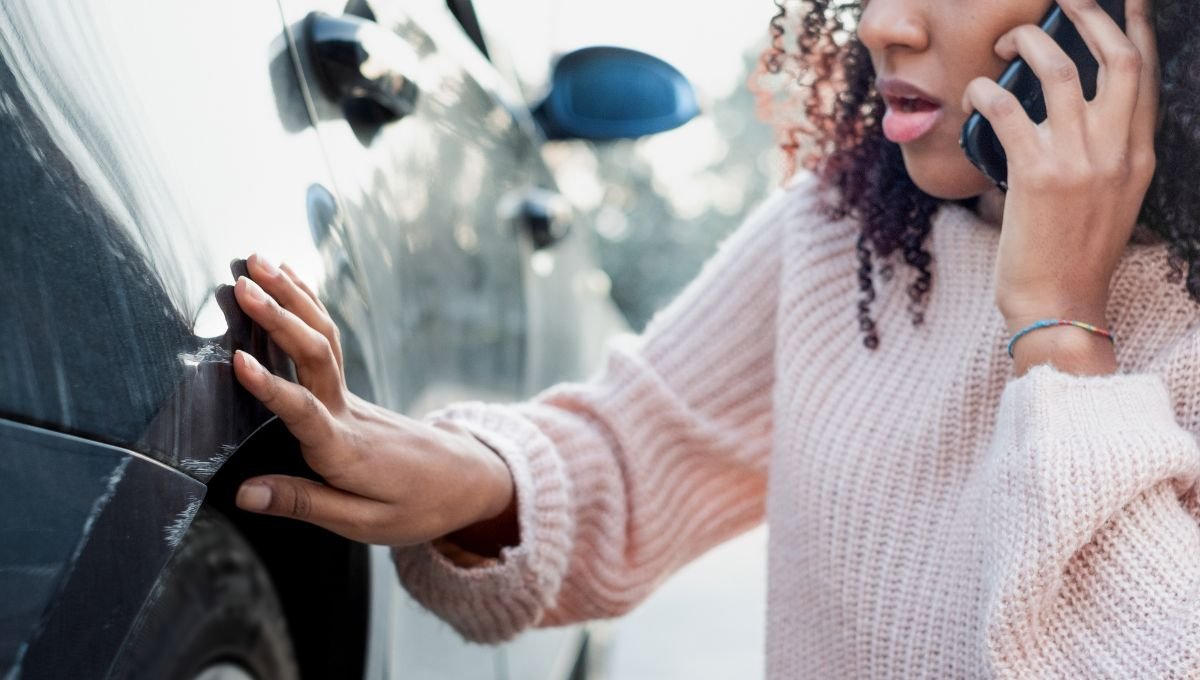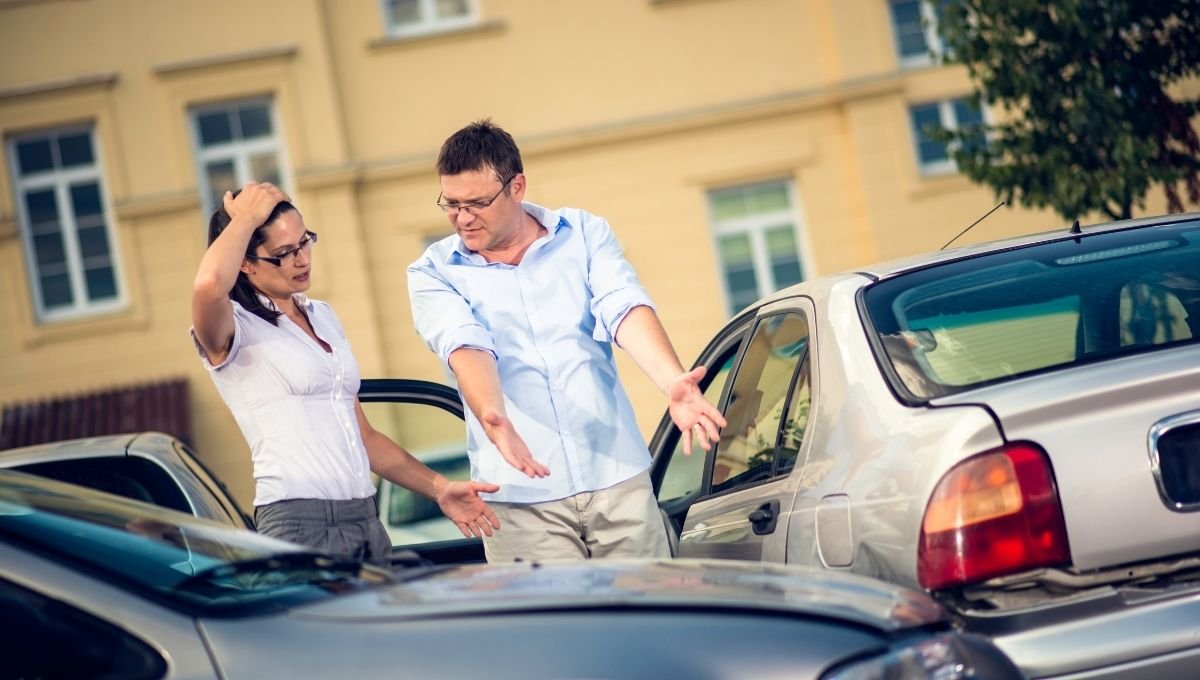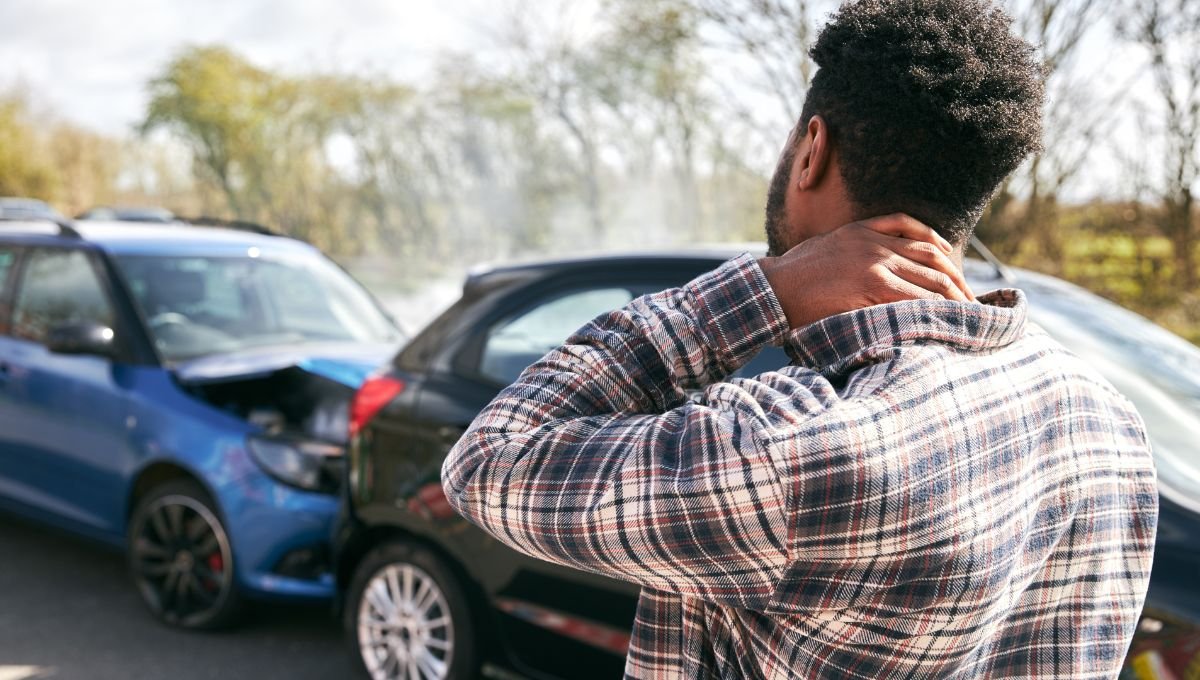Contents
- 1 Essential Steps To Take After a Car Accident: Guiding Light Through the Wreckage—Navigating the Emotional Aftermath of a Car Accident
- 1.1 1. Guaranteeing Safety and Health First
- 1.2 2. Moving to a Safe Location
- 1.3 3. Announcing the Accident
- 1.4 4. Exchanging Information
- 1.5 5. Reporting the Accident
- 1.6 6. Informing Your Insurance Company
- 1.7 7. Looking for Medical Attention
- 1.8 8. Being Wary of Early Settlement Offers
- 1.9 9. Talking with a Legal Professional
- 1.10 10. Circling back to Repairs and Claims
- 1.11 11. Understanding the Job of Fault in Accidents
- 1.12 12. Managing Close to home and Mental Effect
- 1.13 13. Learning from the Accident
- 1.14 14. Preparing for Future Crises
- 1.15 15. Staying Updated with Driving Laws and Safety Measures
- 1.16 End and Final Considerations
- 1.17 (FAQs) for the Essential Steps To Take After a Car Accident
Presentation: Essential Steps To Take After a Car Accident
Experiencing a car accident, regardless of its reality, can be an obfuscating and challenging ordeal. In the US, where roads are clamoring with various traffic, understanding the essential steps to take after a car accident is crucial. This far-reaching guide aims to give you clear, actionable steps to guarantee your safety, legal compliance, and preparedness for any post-accident procedure.

1. Guaranteeing Safety and Health First
The immediate aftermath of a car accident is pivotal. Your initial step should always be to check for any injuries. Guaranteeing the safety and health of yourself as well as other people is paramount. Assuming that there are any significant injuries, call 911 immediately. Remember that a couple of wounds, especially whiplash or internal ones, probably will not be immediately apparent.
2. Moving to a Safe Location
If the car accident is minor and there are no serious injuries, move vehicles to a safe location if conceivable. This step is essential to forestall further accidents and guarantee the safety of passengers and other road users. Turning on your hazard lights is an endorsed practice to alert various drivers.
3. Announcing the Accident
Detailing the accident to the police is an essential step to take after a car accident. Indeed, even for minor impacts, a police report can be invaluable when dealing with your insurance company and different drivers. In many states, it’s legally expected to report accidents where there is significant property damage or injury.

4. Exchanging Information
After guaranteeing everybody’s safety, exchange information with the other driver. Essential details incorporate names, contact information, insurance details, and vehicle portrayals. Be cautious not to admit fault or make statements that could be used against you in legal or insurance procedures.
5. Reporting the Accident
Recording the scene is a critical stage. Take photographs of the vehicles, any damage, the accident scene, and any wounds. If there are observers, get their contact information as well. This documentation can be vital for insurance claims and legal purposes.
6. Informing Your Insurance Company
Quickly informing your insurance company is an essential step to take after a car accident. Give them all the necessary information and cooperate completely. Understanding your insurance strategy and freedoms can significantly aid in this cycle.

7. Looking for Medical Attention
Regardless of whether you feel fine, looking for medical attention after a car accident is advisable. A few wounds are not immediately apparent, and having a medical record can be important for health reasons and any potential insurance claims.
8. Being Wary of Early Settlement Offers
Be cautious of early settlement offers from insurance companies. Talk with a legal professional prior to accepting any offers, as they may not completely cover your damages or medical costs.
9. Talking with a Legal Professional
Talking with a legal professional can give guidance and assist with safeguarding your freedoms, especially on the off chance that there are wounds or significant damages included. They can assist in navigating the complicated universe of insurance claims and legal procedures.

10. Circling back to Repairs and Claims
Stay proactive in circling back to vehicle repairs and insurance claims. Keeping organized records of all communications, transactions, and repairs is essential for a smooth recuperation process.
11. Understanding the Job of Fault in Accidents
In the U.S., different states have different standards concerning fender benders. Some work under ‘to blame’ systems, while others are ‘no-issue’. Understanding the ramifications of these structures is a fundamental step to take after an auto crash. In ‘to blame’ expresses, the driver who caused the mishap is by and large obligated for harm. In ‘no-issue’, each party’s protection covers their disasters, paying little heed to who caused the mishap.
12. Managing Close to home and Mental Effect
Habitually ignored, the close-to-home and mental effects of a fender bender are huge. It’s fundamental to recognize and address any strain, tension, or injury. Searching for help from professionals, similar to therapists or teachers, can be an essential piece of your post-mishap care.

13. Learning from the Accident
Pondering the episode and learning from it is a vital stage. Think about taking a guarded driving course or reassessing your driving habits. This proactive approach can assist in preventing future accidents and enhance your safety on the road.
14. Preparing for Future Crises
One of the essential steps to take after a car accident is to prepare for future crises. Keeping a first aid pack in your car, understanding your insurance strategy’s details, and monitoring crisis methodology can make a significant difference in any future occurrences.
15. Staying Updated with Driving Laws and Safety Measures
Staying informed about the latest driving laws, vehicle safety features, and road safety measures is crucial. This information aids in compliance as well as enhances your overall safety on the road.

End and Final Considerations
All in all, navigating the aftermath of a car accident includes something other than dealing with the immediate results; it encompasses a broad range of considerations, from guaranteeing physical and emotional prosperity to understanding legal and insurance intricacies. This guide has illustrated the essential steps to take after a car accident, emphasizing the importance of safety, legal compliance, and proactive measures. Keep in mind that your actions post-accident impact your recuperation cycle as well as establish the vibe for your future safety and preparedness on the road.
The journey to recuperation and strength after a car accident is both personal and universal. By staying educated, organized, and proactive, you can navigate this challenging involvement with certainty and clarity. It’s not just about getting back on the road; it’s about enhancing your insight, building up your safety practices, and safeguarding your freedoms. Your proactive steps today pave the way for a safer, safer driving experience tomorrow.
As you push ahead, let this guide act as an asset and a sign of the force of preparedness and informed action. Car accidents, while unfortunate, offer a chance for learning and development. Embrace this chance to enhance your road safety information, advocate for your prosperity, and contribute decisively to the local area. Stay vigilant, stay informed, and, most importantly, stay safe. Your excursion on the road goes on with a restored viewpoint and reinforced resolve.

(FAQs) for the Essential Steps To Take After a Car Accident
1. What would it be a good idea for me to do initially, just after a car accident?
Answer: Focus on safety by moving to a safe area, checking for wounds, and turning on your hazard lights. Assuming there are wounds, call 911 immediately.
2. Is it necessary to call the police after each car accident?
Answer: Indeed, reaching out to the police for a legal record of the accident, even in minor cases, is essential. A police report can be crucial for insurance claims and legal matters.
3. What information would it be advisable for me to exchange with the other driver?
Answer: Exchange names, contact information, insurance details, and vehicle registration numbers. Avoid examining the fault or making admissions at the scene.
4. How might I report the accident scene?
Answer: Take photos of the vehicles, damage, tags, and the overall accident scene from various angles. Also, gather contact information from any observers.
5. When might it be really smart for me to tell my insurance company?
Answer: Illuminate your insurance company without a moment’s delay after the accident. Come clean and give detailed information about the event.
6. Do I want medical attention regardless of whether I feel fine?
Answer: Searching for medical attention after an accident is advisable. A couple of wounds, similar to whiplash, may not be immediately apparent, and a medical record is important for insurance claims.
7. Could it be really smart for me to guide an attorney after a car accident?
Answer: If there is significant damage or injury, then again, assuming you’re facing legal challenges, talking with an attorney can assist with safeguarding your honor and guide you through the legal cycle.
Bracing Your Understanding and Preparedness
Remember that the essential steps to take after a car accident extend beyond immediate actions; they incorporate supporting your knowledge and preparedness. Regularly auditing and updating your knowledge about driving safety, insurance approaches, and legal opportunities guarantees you’re exceptional to handle any road events.

References:
Public Interstate Traffic Wellbeing Organization (NHTSA): [https://www.nhtsa.gov/]
Protection Data Association: [https://www.iii.org/]
American Bar Affiliation: [https://www.americanbar.org/]
Kindly note that this article is a general guide and shouldn’t supplant professional legal or clinical counsel. Continuously talk with a professional for express cases and keep nearby regulations and guidelines in mind.
Places for Infectious Prevention and Aversion (CDC): Engine Vehicle Wellbeing: [https://www.cdc.gov/motorvehiclesafety/] Public Security Board (NSC): Street Wellbeing: [https://www.nsc.org/street safety]
American Mental Affiliation: Adjusting to Awful Events: [https://www.apa.org/points/injury/]
This article expects to give a thorough understanding of the fundamental steps to take after an auto crash. While it covers a wide scope of themes, individual conditions can differ. Continuously talk with professionals for customized guidance, and comply with neighborhood regulations and guidelines for the best results.




